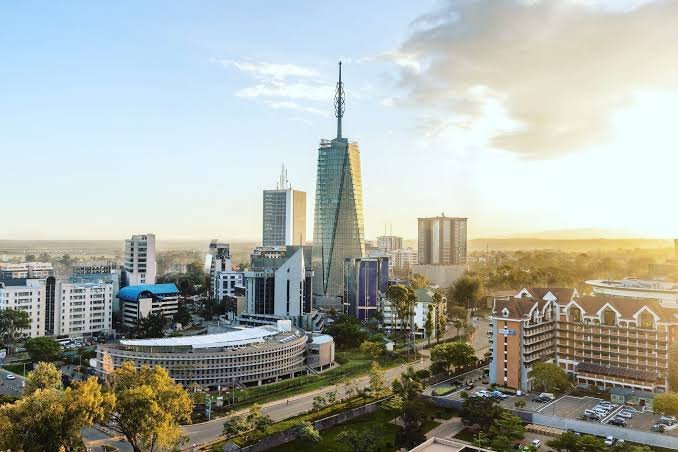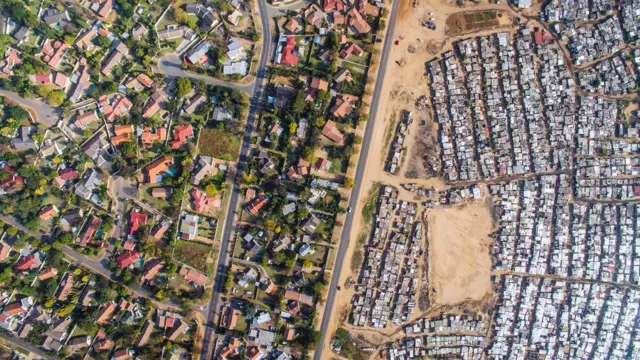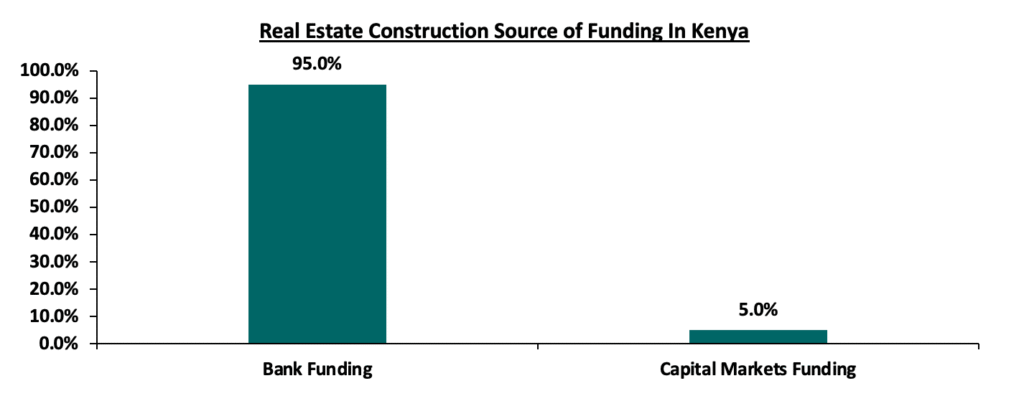Real estate remains one of the most attractive investment opportunities in Kenya. With a growing population, rapid urbanization, and expanding infrastructure, investing in property offers strong potential for capital growth and steady rental income.
Whether you’re a first-time investor or looking to expand your portfolio, this guide will walk you through everything you need to know about how to invest in real estate in Kenya — from understanding the market to financing, legal procedures, and maximizing returns.
Why Kenya Is a Great Market for Real Estate Investment
Kenya’s real estate sector has seen consistent demand due to several key factors:
- A rising middle class with increased purchasing power
- Steady urban migration, especially to Nairobi, Mombasa, and Kisumu
- Government investments in transport and housing projects
- The tech boom in Nairobi, often called the “Silicon Savannah”
- Favorable land ownership laws that allow foreigners to lease property for up to 99 years
These trends have led to increasing property values and competitive rental yields across major cities.

Step 1: Research the Kenyan Real Estate Market
Before diving into property investment, it’s essential to understand the current market conditions.
The Kenyan real estate market can be broadly categorized into:
- Nairobi: The country’s capital and most developed city, offering high-end residential and commercial properties.
- Mombasa: Popular for tourism-related properties and coastal living.
- Kisumu : Fast-developing secondary cities with lower entry costs and rising demand.
- Rural Areas: Generally less liquid but may offer long-term appreciation.
Use platforms like Realestate.co.ke, Jengo Homes, and Property24 Kenya to research price trends, compare locations, and find available listings.

Step 2: Define Your Investment Goals
Are you investing for:
- Long-term appreciation?
- Short-term rental income?
- Property flipping?
Your goal will influence the type of property you buy and where you invest.
For example:
- Residential properties such as apartments and townhouses are ideal for steady rental income.
- Commercial properties like offices and retail spaces tend to yield higher returns but require more capital.
- Land is a low-maintenance option that can appreciate significantly over time.
Step 3: Choose the Right Location
Location plays a critical role in determining property value and tenant demand.
Key Factors to Consider:
- Proximity to schools, hospitals, and shopping centers
- Accessibility to public transport
- Security levels in the area
- Future development plans by the government or private developers
In Nairobi, popular areas include Westlands, Lavington, Karen, and Kilimani. In Mombasa, Nyali and Bamburi are highly sought after.

Step 4: Set a Realistic Budget
Setting a budget ensures you don’t overextend yourself financially.
Include the following in your calculations:
- Purchase price of the property
- Legal fees and stamp duty (typically 1%–4%)
- Registration fees
- Renovation or furnishing costs
Beginners can start with smaller properties like studio apartments or duplexes. More experienced investors might consider larger units or commercial buildings.
Step 5: Explore Financing Options
There are multiple ways to fund your real estate investment in Kenya.
Common Options Include:
1. Personal Savings
Ideal if you want full control and avoid debt.
2. Bank Mortgages
Most banks offer mortgage loans at interest rates between 9% and 16%. You’ll typically need:
- Proof of stable income
- A credit score report
- A down payment of 10%–30%
Top lenders include Housing Finance Bank, Co-operative Bank, and Stanbic Bank.
3. Crowdfunding Platforms
Websites like Jamii Housing allow investors to pool funds and jointly purchase property.
4. Partnerships
Partnering with another investor can reduce risk and share financial responsibilities.

Step 6: Find and Evaluate Properties
Start by browsing online real estate platforms or working with a licensed agent.
When evaluating a property:
- Visit the site personally
- Check utility connections (water, electricity, sewerage)
- Assess building condition and maintenance needs
- Verify ownership documents
Always involve a professional valuer or real estate agent to help identify red flags.
Step 7: Conduct Due Diligence
Due diligence ensures the property is legally sound and free from disputes.
What to Check:
- Title deed type (Freehold or Leasehold with at least 40 years remaining)
- Land rate clearance certificate
- Survey map
- Any existing encumbrances or mortgages
Hire a qualified conveyance lawyer to handle the process and ensure there are no pending litigations.

Step 8: Complete the Purchase
Once due diligence is complete, proceed with the purchase.
Steps Involved:
- Sign a Sale Agreement
- Pay a deposit (usually 10%)
- Apply for transfer forms at the Lands Office
- Submit forms along with required documents
- Wait for registration (typically takes 3–6 months)
You’ll also pay stamp duty and registration fees during this stage.
Step 9: Manage Your Investment
If you’re not based in Kenya, consider hiring a property management company. They can help with:
- Tenant screening
- Rent collection
- Maintenance and repairs
- Eviction processes (if necessary)
Well-managed properties tend to retain tenants longer and maintain better value.
Step 10: Monitor Performance and Grow
Regularly assess your property’s performance:
- Rental yield (percentage return on investment)
- Occupancy rate
- Maintenance and operational costs
As your portfolio grows, reinvest profits into new properties or upgrade existing ones to increase value.
Common Mistakes to Avoid
Here are some common pitfalls to watch out for:
❌ Buying without verifying title deeds
❌ Ignoring hidden costs like service charges and taxes
❌ Investing based solely on hearsay or hype
❌ Over-leveraging with too much debt
❌ Failing to plan for vacancies or emergency repairs
Avoiding these mistakes can save you time, money, and stress in the long run.
Frequently Asked Questions
Can foreigners buy property in Kenya?
Foreigners cannot own land on a freehold basis but can lease property for up to 99 years.
Is real estate a good investment in Kenya?
Yes, especially in urban areas where demand exceeds supply and rental yields are favorable.
What is the average rental yield in Kenya?
It ranges between 4% and 8%, depending on location and property type.
Do I need a lawyer to buy property in Kenya?
It’s highly recommended to work with a licensed advocate to ensure legal compliance and protect your investment.
Conclusion
Investing in real estate in Kenya offers excellent opportunities for wealth creation and passive income. Whether you’re buying your first apartment or expanding into commercial property, following the steps outlined in this guide will help you make informed decisions and avoid costly mistakes.
Remember: knowledge, patience, and proper planning are key to success in Kenya’s real estate market.
